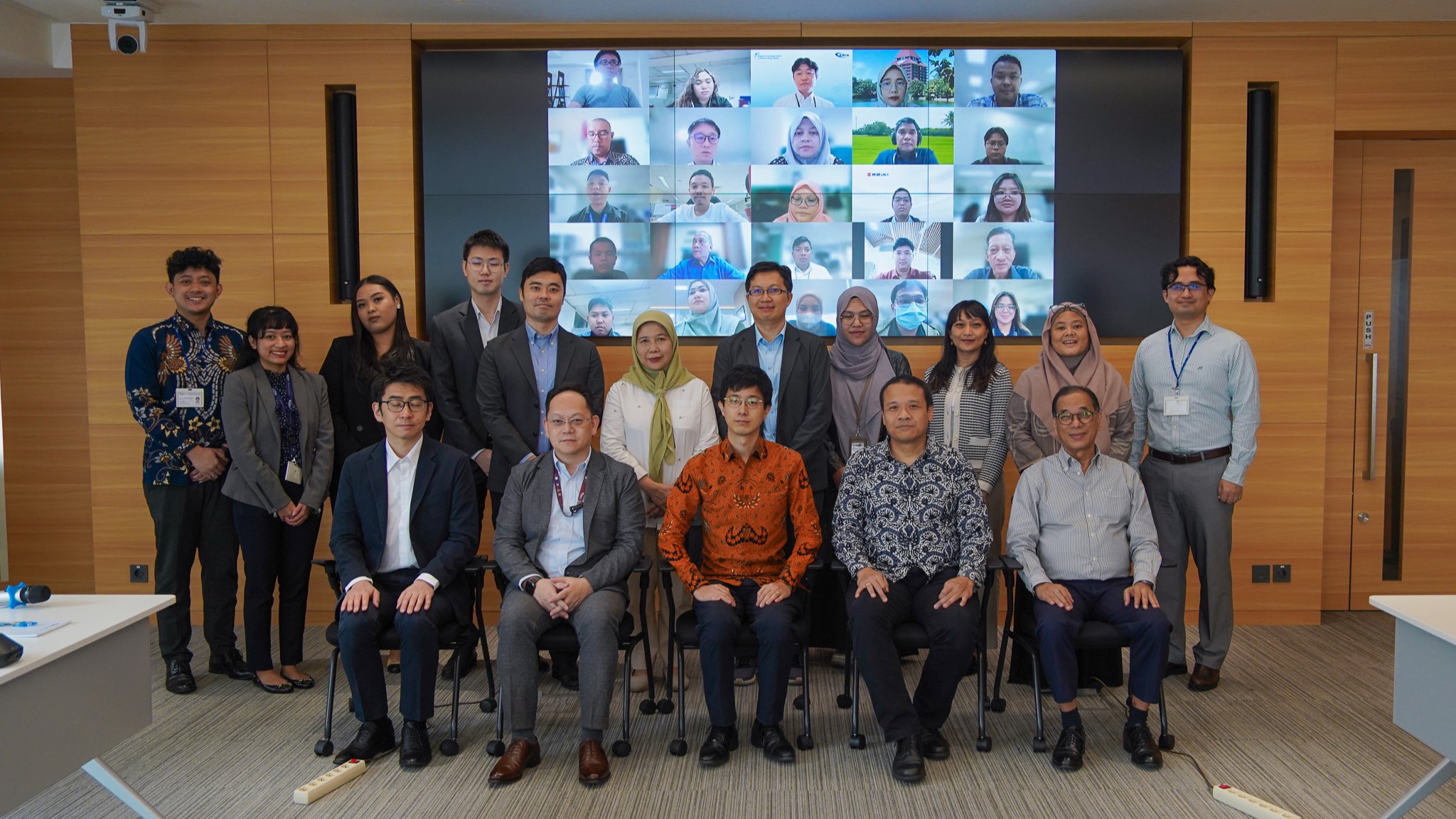Call for Proposals: ERIA Microdata Research Fiscal Year 2020
Date:
28 July 2020Category:
NewsTopics:
Call for ProposalsShare Article:
Print Article:
The Economic Research Institute for ASEAN and East Asia (ERIA) invites submissions of research proposals for the ERIA Microdata Research Project for Fiscal Year 2020. This project is under the scope of one of ERIA’s three research pillars – Deepening Economic Integration. The theme of this fiscal year’s research project is Global Market Entry, Survival, and Exit of Firms: Understanding the Process and the Effects. This project comprises country studies by authors mainly from ERIA member countries.
Please email research proposals to David Christian ([email protected]) by 15 September 2020. Early submission is encouraged.
The authors will be notified of the decision about the proposal selection process no later than 2 October 2020.
ERIA provides financial support of US$8000 per paper for the selected proposals. ERIA also covers the travel costs of one author per paper to attend the workshops of the project.
Theme of the Research
Firms play a central role in an economy’s globalisation process. They make constant decisions on whether to engage in global activities through trade (exporting and importing, including participation in global value chains), foreign investment and R&D, as well as on whether they will continue or cease these activities in case they are already globally engaged. So, it is of the utmost importance to have an in-depth knowledge of this process – not only to better understand the causes and consequences of globalisation, but also to devise appropriate policies as part of a broader strategy of globalisation.
Although many studies have already been conducted on this issue, it is our view that a lot more needs to be learned about this process. First, although standard monopolistic competition models of trade (possibly with heterogeneous firms) have clarified new channels of gains from trade (increased product varieties at lower price and reallocation of resources amongst firms), these models may be a little too simplistic for the purpose of explaining firms’ global market entry in the sense that they exclusively focus on firm productivity or marginal cost as a determinant of global market entry. There may be many other important factors determining firms’ global market entry decisions. Furthermore, and more importantly, the process of global market entry may be much longer and more varied . (For example, the Korean military aircraft industry took various steps, such as the maintenance of imported aircrafts, domestic production of some parts and components, license production of existing models, international collaborative development of new aircraft models, before it began exporting made-in-Korea military aircrafts.) Second, understanding the process and determinants of survival in the global market or continuation of global activities is at least as important as global market entry. Although there is a small but growing literature on this issue, there seems to be room for further studies particularly if the various pre-entry determinants and paths are related to post-entry survival and exit of firms.
Against this background, this project aims to (i) clarify empirically the process and determinants of global market entry, survival, and exit of firms and (ii) empirically evaluate the effects of globalisation on firm behaviour, the effects predicted by standard trade models. We do not try to give a full list of specific research questions relevant for this project, but ask the potential authors to come up with their own questions and design their own research. Although we favour research proposals that address objective (i) or objectives (i) and (ii) together, research proposals that aim to tackle only (ii) are also welcome if they are innovative. We strongly ask authors to employ firm/plant or firm/plant-product level micro datasets and conduct a publication-quality empirical study complemented with descriptive analyses.
Project Schedule (Tentative)
- Deadline for the submission of proposals: 15 September 2020
- Notification of the selected proposals: 2 October 2020
- First workshop: 15 February 2021
- Second workshop: May 2021
- Deadline for the final report submission: June 2021
Members of the project are expected to attend the two scheduled workshops listed above. Subject to the situation, workshops will be conducted online or face-to-face.
Proposals
Research proposals should be five to eight pages long, and should contain the following:
- research question(s),
- objective and background,
- brief literature review,
- description of data and methodology,
- expected value added,
- policy relevance, and
- references
Others
The research should be original. Some of the completed research papers may be posted as working papers in the ERIA Discussion Paper series.







